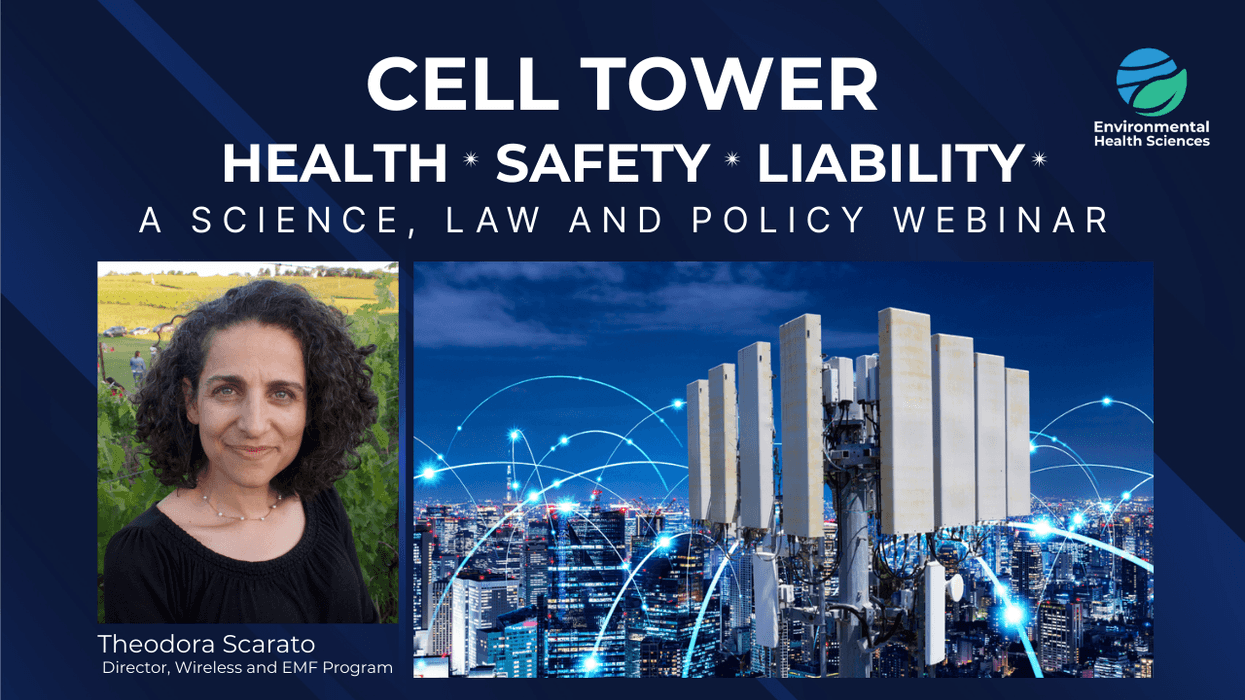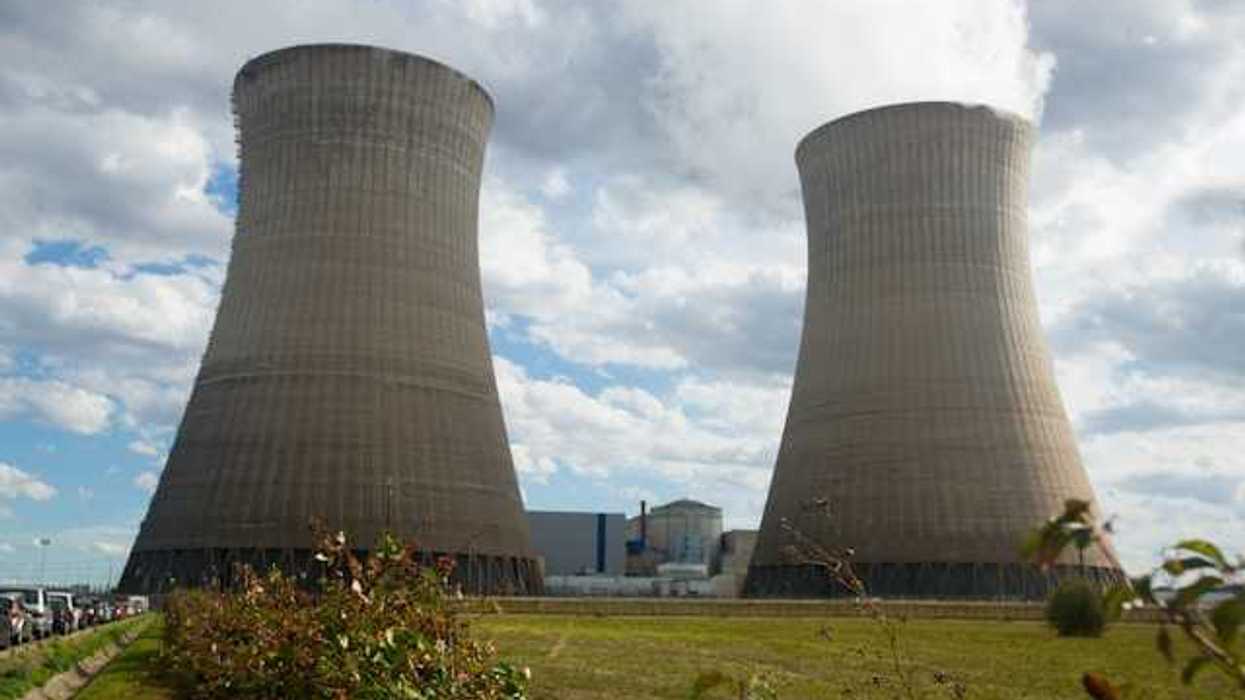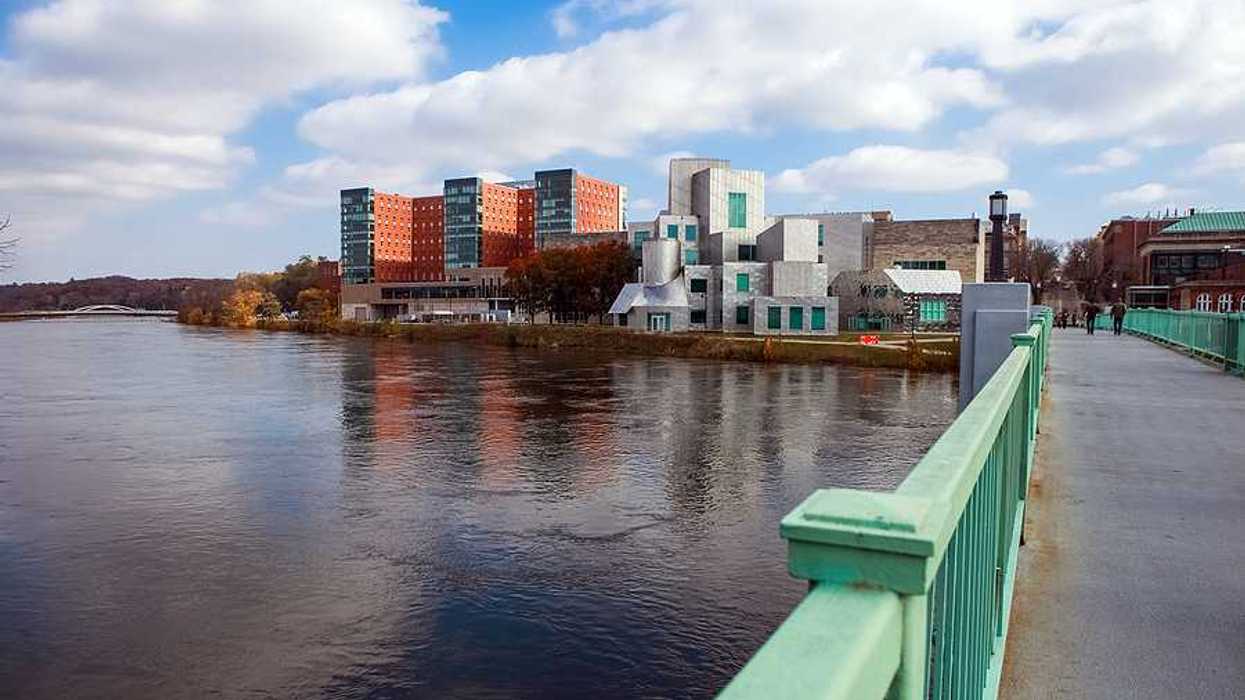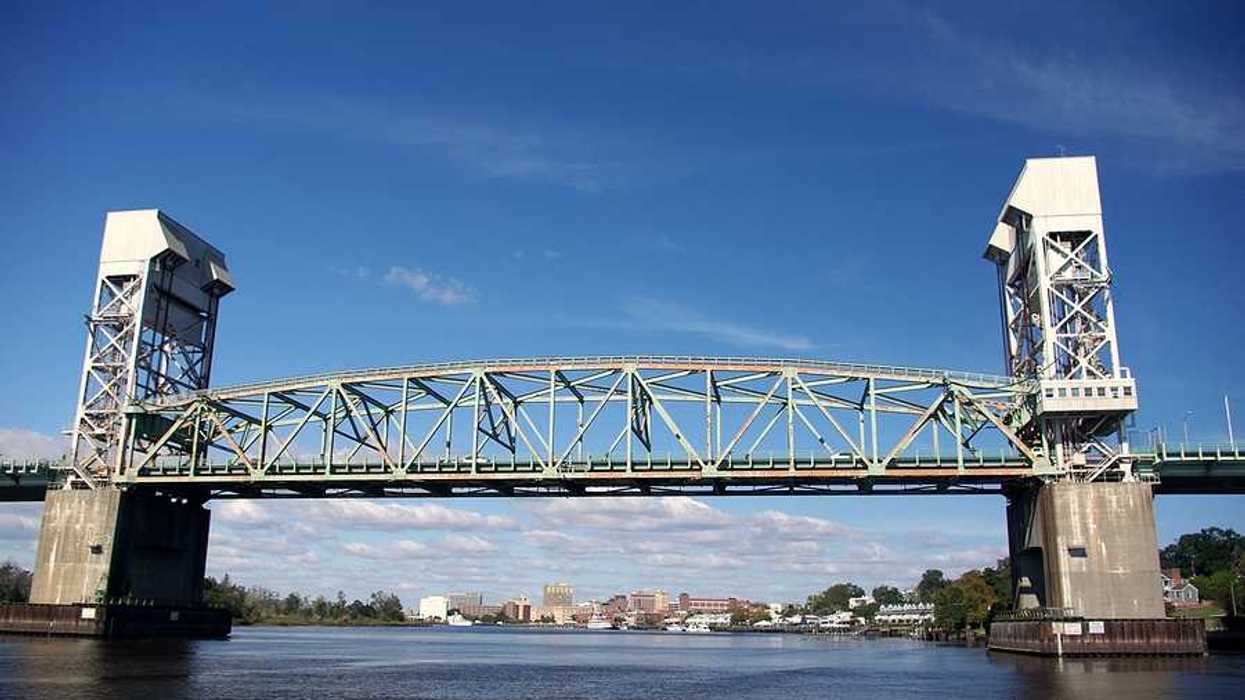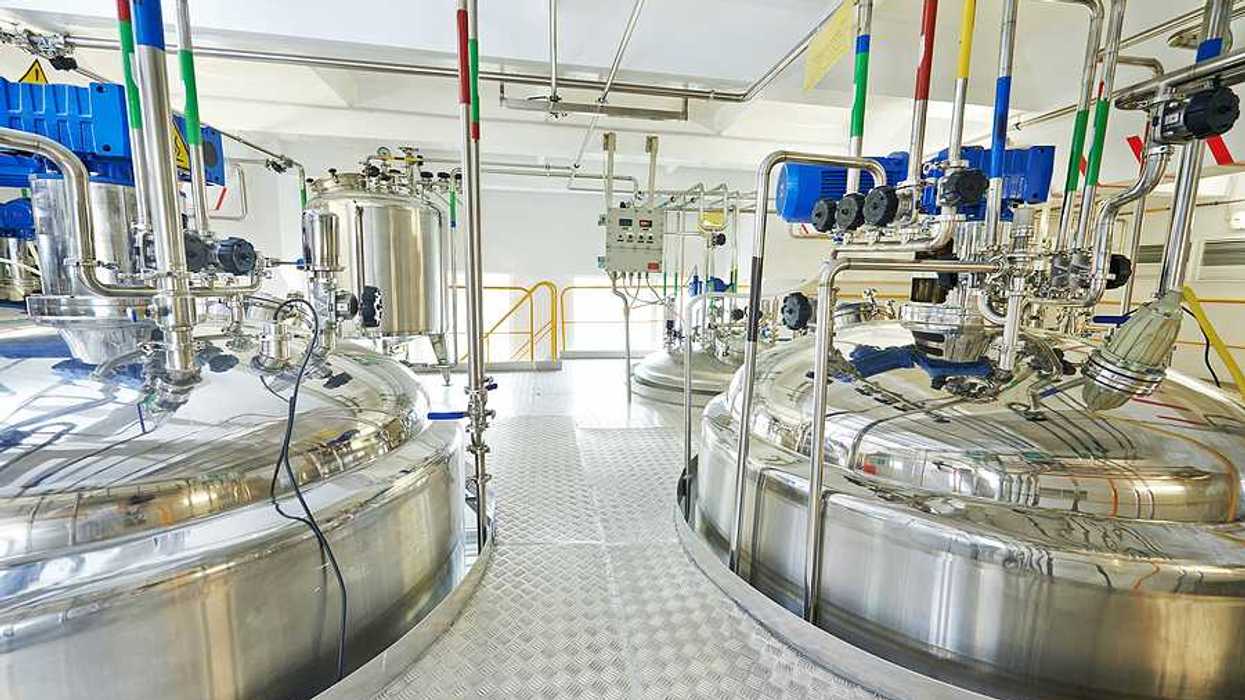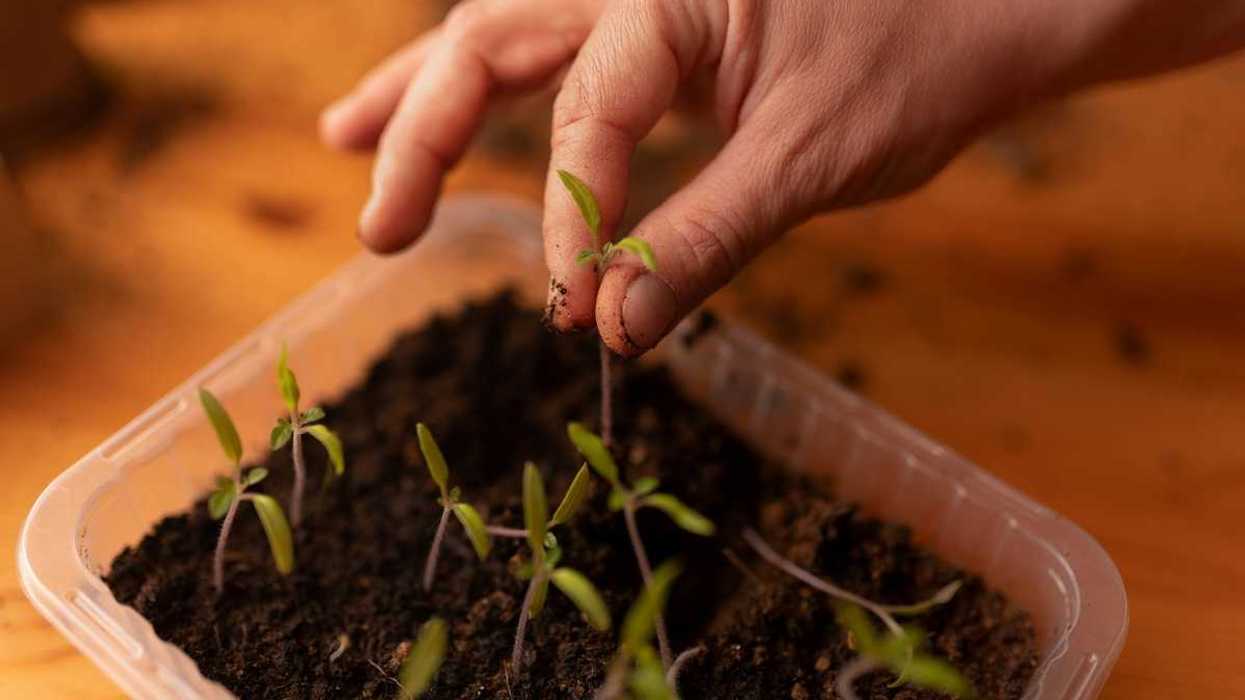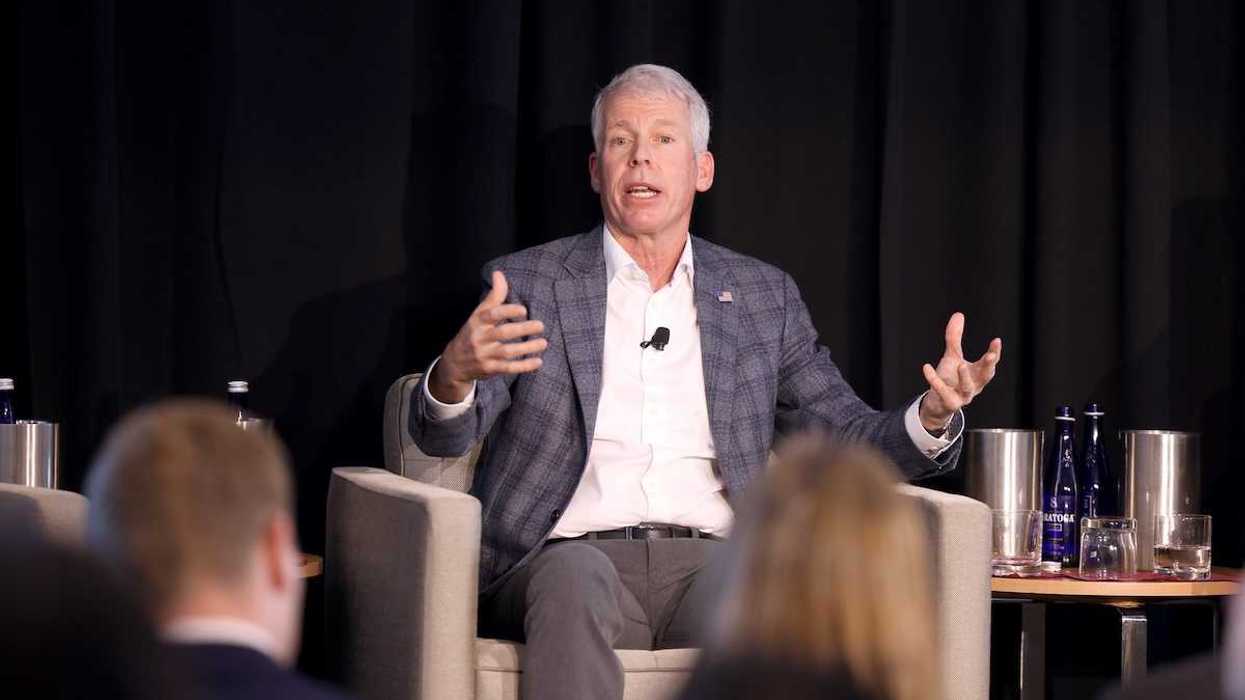A growing number of Virginia and Maryland residents are raising alarms about PFAS-contaminated biosolids used as fertilizer, linking the practice to potential health risks and water pollution.
Timothy B. Wheeler reports for the Bay Journal.
In short:
- Virginia and Maryland residents, farmers, and environmental groups are objecting to the land application of biosolids, treated sewage sludge often contaminated with PFAS, citing risks to water supplies, food, and aquatic life.
- The U.S. Environmental Protection Agency's draft risk assessment warns that even low PFAS levels in biosolids could pose serious health threats, but regulatory action remains uncertain as the agency reviews feedback and faces political headwinds.
- Maryland has recommended PFAS limits for biosolids and imposed some restrictions, while Virginia continues to allow widespread use without PFAS testing, fueling local opposition and public hearings.
Key quote:
“This was the most cautious risk assessment I’ve ever seen, and it still finds high risks.”
— Betsy Southerland, retired senior scientist and manager at the EPA
Why this matters:
Research has connected long-term PFAS exposure to cancer, liver disease, immune suppression, and developmental issues. As rural and agricultural communities in Virginia and Maryland face rising PFAS contamination in drinking water and farmland, the potential consequences extend beyond individual health. Watermen, farmers, and aquaculture businesses fear for their livelihoods as contamination could disrupt food safety and market access.
Related EHN coverage: Dead livestock and poisoned water — Texas farmers sue over PFAS contamination


